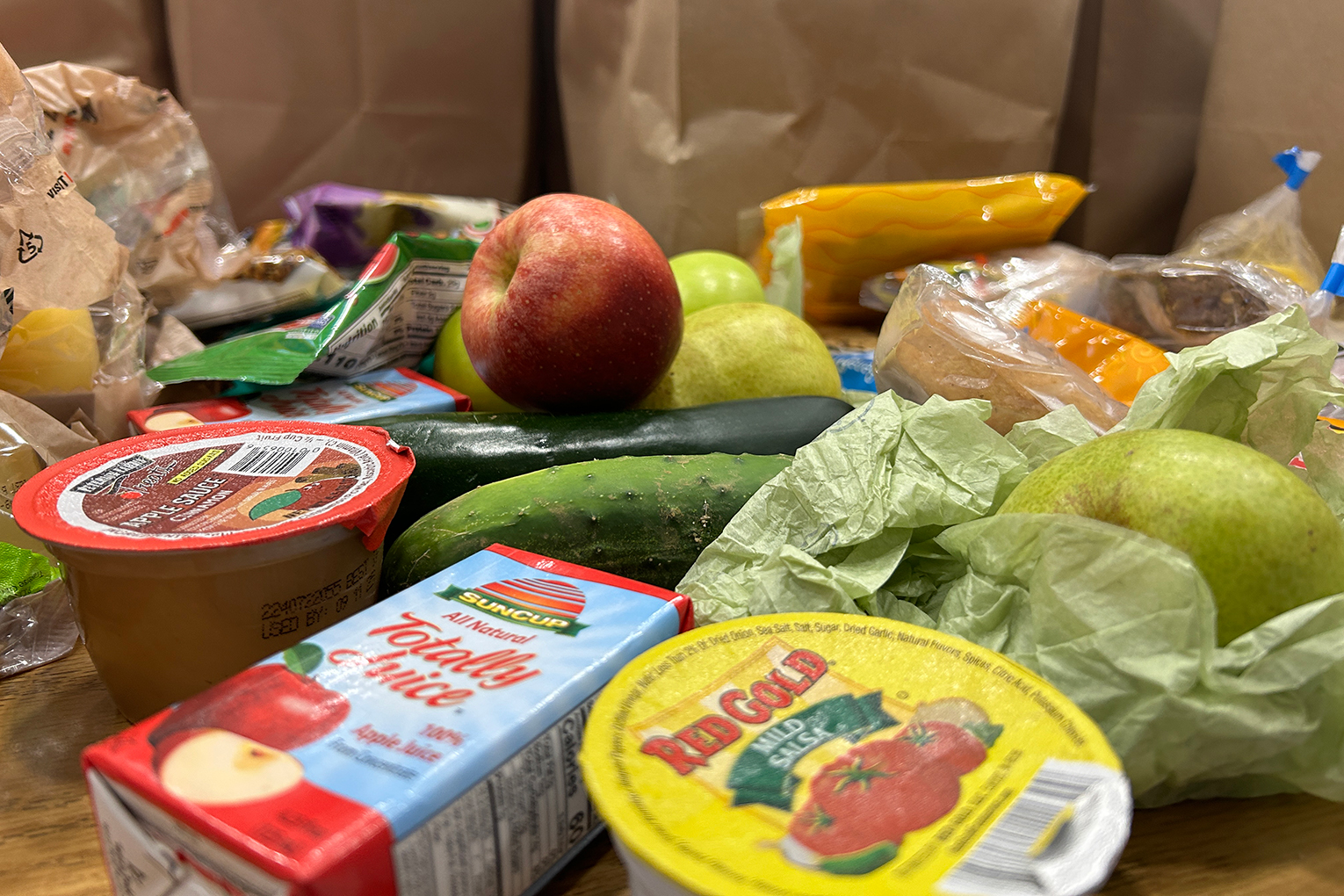
Members of the Kentucky Department of Education’s Commissioner’s Student Advisory Council met with state security and safety officials on April 4 to discuss the council’s report on actions to increase school safety.
In the report, council members made 10 suggestions, including promoting the STOP Tipline, improving the rate of intervention in concerning behaviors, providing mental health support, supporting gun control, improving active shooter drills and improving training for first responders.
Jon Akers, the executive director of Kentucky Center for School Safety (KCSS), Ben Wilcox, the state school security marshal, and Jennifer Taylor, a school safety analyst for the Kentucky Office for Homeland Security, addressed some of the students’ recommendations and how they are connected with work they are doing.
The Safety Tipline, Online Prevention (STOP) Tipline is an online reporting and prevention tool that allows students to anonymously pass information along to school personnel. In the report, the council recommended more to be done to promote the STOP Tipline for schools.
KCSS sends posters on how to use the STOP Tipline to all Kentucky schools – 20 to each high school, 15 to each middle school and 10 to each elementary school. Based on the suggestions of the council, Akers and Taylor are developing a pamphlet that promotes the tipline.
“My goal is to just get this information out there,” said Taylor. “I agree with you all that this information needs to be out there, schools need to promote it more, and we need to.”
Students also provided suggestions on how to promote the tipline.
“Our school has weekly newsletters with important information for students, like events. We could possibly ask to use that,” said Tanvi Rakesh, a student at Cooper High School (Boone County.)
When it comes to school resource officers (SROs), students recommended SROs receive more training for first response to an active threat situation. Akers and Wilcox said SROs in Kentucky already receive this training and also must complete 120 hours of instruction beyond basic police training in areas such as youth mental health awareness, youth drug use and abuse, trauma-informed action, understanding students with special needs and cyber security.
“Not many other states have as in-depth (training) as Kentucky,” said Wilcox. “SROs are that trusted adult and also your protector. We like to look at them as your informal counselor.”
Students on the council said they plan to continue sharing their report to their individual local districts.
In “Kentucky, we have so many counties, it is going to be hard to get an entire state on board. Decisions are made on a local level,” said Raima Dutt, a student at duPont Manual High School (Jefferson County). “If more people are talking about, it is more likely it will change for the better.”
Anastasia Panaretos, a student at South Oldham High School (Oldham County), suggested the council should share the report on social media.
“Even though it’s harder to talk about school safety (online), I think short little videos on how we can support kids are a good way” to get the word out, Panaretos said.
Returning council members have chosen to focus their next project on student voice and how it can be incorporated into decisions across the Commonwealth. The research process will begin in the summer.
MORE INFO …




Leave A Comment